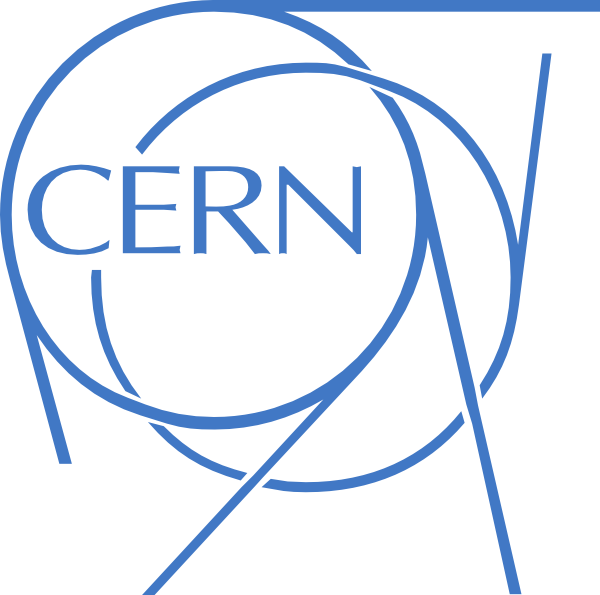
Overview
The Research Software APIs and Connectors (RSAC) developed in FAIRCORE4EOSC enable research infrastructures to preserve, describe, and cite software by connecting directly to the Software Heritage archive. Using the CodeMeta metadata standard and Software Heritage identifiers (SWHIDs), these services ensure software artefacts can be reliably referenced and integrated into scholarly workflows.
The design of the RSAC components was guided by the 2021 Scholarly Infrastructures of Research Software (SIRS) report, which called for actionable improvements in how software is handled within the European Open Science Cloud (EOSC) and academia. FAIRCORE4EOSC brought together several of the infrastructures featured in the report to implement these recommendations.
RSAC components are now available for:
Repositories: InvenioRDM (CERN) and DANS Dataverse (DANS-KNAW) offer integration for metadata and code deposits.
Publishers: Dagstuhl (LZI) and Episciences (INRIA) enable citation and linking in submissions.
Aggregators: swMATH (FIZ) and OpenAIRE provide software archiving and metadata enrichment.
These integrations enhance the visibility, reuse, and citation of research software, supporting a more robust and FAIR-aligned research ecosystem.
The FAIRCORE4EOSC project developed APIs and connectors to integrate scholarly repositories, open access publishers, and aggregators with Software Heritage. These connections support the archival, reference, description, and citation of research software.
For scholarly repositories, connectors enable the deposit of software artifacts into Software Heritage, the retrieval of SWHIDs, and the display of these identifiers within local records. Repositories can also exchange curated metadata and export citations in formats such as BibLaTeX, CSL, and codemeta.json.
For open-access publishers, the integration automates the archival of software associated with research articles. It ensures SWHIDs are displayed in publication records and supports the deposit and retrieval of metadata and preferred citation information in multiple formats.
For aggregators, connectors allow the detection of software references in articles and trigger the archiving of source code missing from Software Heritage. Aggregators expose the resulting SWHIDs, deposit and retrieve metadata, and provide citation exports in standard formats.
Together, these developments make software easier to archive, discover, and cite, aligning with FAIR principles and improving research reproducibility.
The RSAC component enhances interoperability among scholarly infrastructures by operationalising the four pillars of the SIRS report: Archive, Reference, Describe, and Cite.
It enables repositories, publishers, and aggregators to:
-
Archive software artefacts in Software Heritage
-
Reference them using persistent SWHIDs
-
Describe them using the CodeMeta vocabulary
The interoperability guidelines developed for RSAC connectors promote the use of standardised citation formats, such as biblatex-software.
By supporting consistent metadata exchange and persistent identification, RSAC facilitates:
-
Reproducibility
-
Discoverability
-
Proper recognition of research software within scholarly workflows
This targeted effort lays the foundation for treating software as a first-class research output, advancing its integration into the scholarly communication ecosystem.









